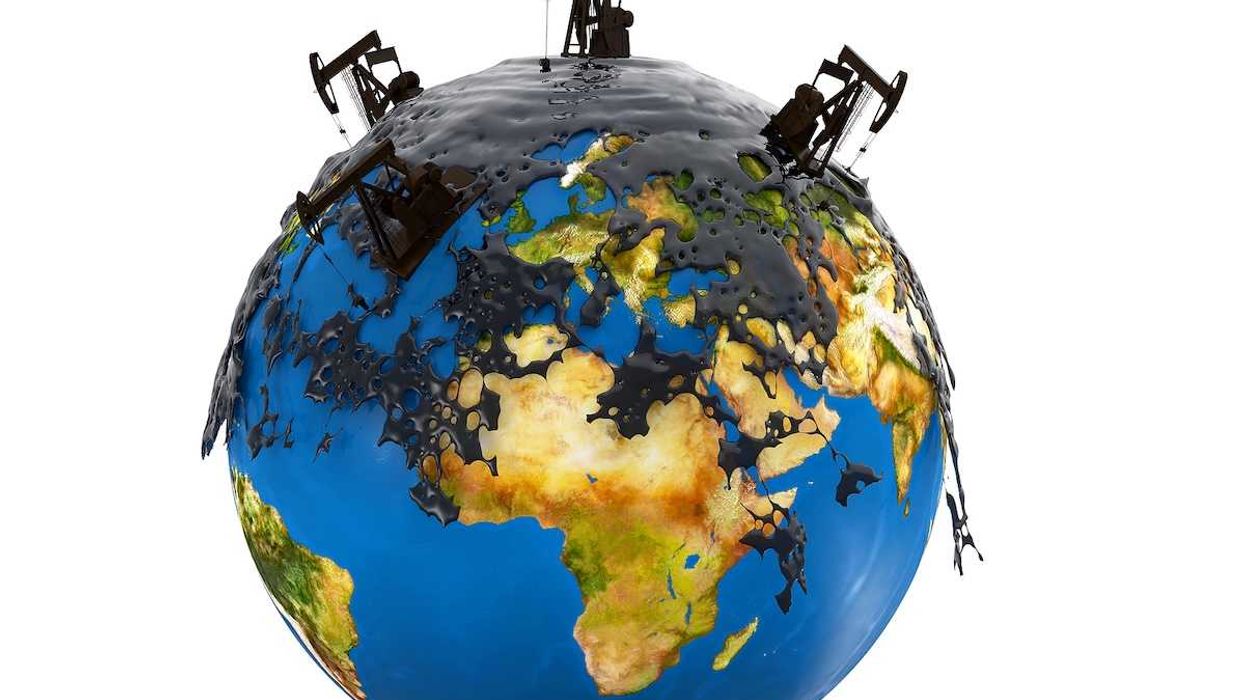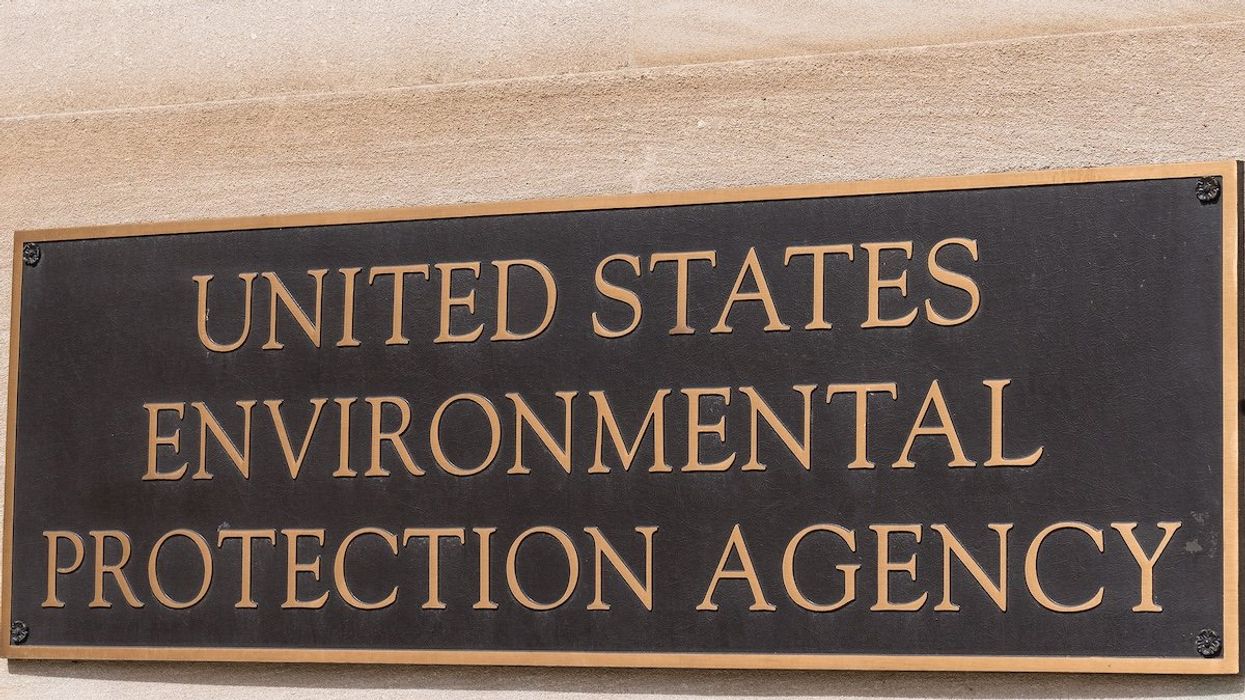Every year, the world discards staggering amounts of plastic, textiles, food, and electronics, with much of it ending up in landfills, oceans, or poorly managed waste streams.
Kyle Bagenstose reports for Atmos.
In short:
- About 77% of plastic waste is discarded, with only 8% actually being reused despite recycling efforts. Plastic pollution costs up to $1.5 trillion annually in social and environmental damage.
- The textile industry generates 91 million tons of waste per year, with synthetic fibers — primarily polyester — dominating production. Washing clothes releases about half a million tons of microplastics into the ocean annually.
- Food waste accounts for 8-10% of global greenhouse gas emissions, with households responsible for the majority. If food waste were a country, it would be the third-largest emitter of greenhouse gases.
Why this matters:
Waste isn't just an inconvenience — it’s a growing environmental crisis. Around the world, mountains of trash are piling up, from plastic bottles and food scraps to discarded electronics and industrial debris. The problem is far from cosmetic. Waste mismanagement fuels pollution, threatens ecosystems, and worsens climate change.
Plastics in particular have become a defining feature of the modern waste problem. Designed for convenience but lasting for centuries, plastic waste floods landfills and waterways. The world produces hundreds of millions of tons of plastic each year, much of it single-use. Once discarded, it can clog oceans, entangle marine life, and break down into microplastics — tiny particles that infiltrate the food chain, with potential consequences for human health.
Related: Thailand bans plastic waste imports to fight pollution














